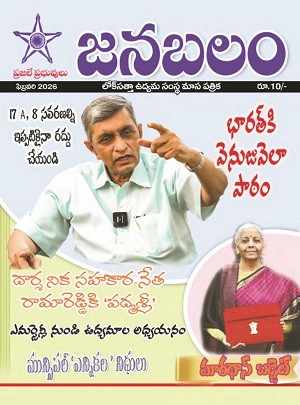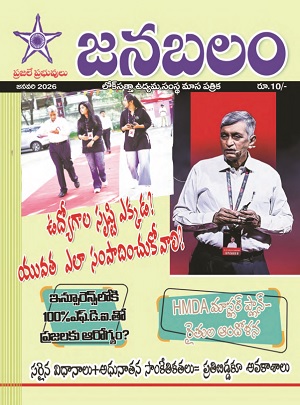My math teacher marked my correct answer wrong, and made fun of me for not getting 100 pc score
I studied in a Telugu-medium government school in a village called Godavarru near Vijayawada. There was no electricity, toilet or running water at my old aunt’s house where I lived away from my parents during school years. I left school (after tenth grade) in 1969 at the age of 13. In those days it was not uncommon for kids to enter school at three.
A friend of mine, a brilliant cardiologist now, finished school at 12! Despite the young age and spartan life, my school years had a profound impact on my life and attitudes.
The village school in those days was great. The infrastructure was inadequate; but the community owned the school, and all kids – rich or poor – went to the same school.
The teachers were competent and committed. They inspired and encouraged us. Amazingly, we could question and challenge teachers. The school was a true institution with a sense of purpose and played a vital role in village life. In sports, I was the slowest kid.
We played kho-kho and kabaddi. A few who had bats played ball-badminton. We never saw a shuttle cock. I never heard the names ‘cricket’ and ‘hockey’ until I left school! But we had a Boy Scouts group, and greatly enjoyed the signals, codes and many other pleasures of a boy scout.
I did well in academics. At the beginning of each year, we used to visit the neighbouring town Kankipadu to buy new textbooks. I used to finish reading them in about a fortnight and was bored for the rest of the year. I particularly loved math and languages.
My village teachers kindled great interest in these subjects. The teachers allowed me to work at my own pace. When I found the text books not challenging enough, I was encouraged to do exercises from Hall & Knight (Math), and Wren & Martin (English grammar). We could point out our teachers’ errors without fear. When I look back, schooling in that village laid superb foundations for our future lives.
There were regular inspections by the DEO. I vividly remember an amusing incident. We had a great Telugu teacher. He was a master of the classics, and taught us with passion. On the day of inspection, we decorated the school with confetti. Our Telugu teacher was in class, and we were waiting for the inspector.
One kid stood up and showed a little finger (asking for permission to go out and relieve his bladder). The teacher promptly said, “Why are you scared? We (the teachers) should be nervous when the inspector comes, not you!” We all found it hilarious.
My science teacher actually demonstrated experiments in our small lab. He even wanted to show the anatomy of frog by dissecting it. I was entrusted with the task of getting a frog to class. A friend and I, with some difficulty, caught a toad (we thought it was a frog). I then visited a clinic in Kankipadu and borrowed some chloroform in a small bottle. The teacher, to our wonder, had put the toad to sleep by sprinkling a bit of chloroform, and dissected it and showed its digestive system. I wonder how many fancy schools today give such exposure to kids!
There were some less savoury moments too. One mediocre math teacher was always full of himself, and he used to taunt me. In one test there was a slight twist in the question, and the teacher missed it. He marked my correct answer wrong, and made fun of me for not getting 100% score. I calmly pointed out the error and corrected him. But the taunts continued. One day, I found a particularly tough problem and solved it.
Deliberately wanting to expose the teacher’s inadequacy, I stood up in class and asked him for help. He tried solving it on the black board, but failed. Innocently, I pretended to have suddenly found the solution, and solved in on the board. That put an end to the teacher’s taunts. But I also felt guilty for humiliating the teacher, and never again resorted to such tricks.
One English teacher always scolded me for my refusal to learn essays by rote, and for my insistence on writing in my own words. I refused to comply with his instructions. In exasperation, he said I would never score more than 75% in public examination. I got exactly 75! But I never regretted it.
All in all, our schooling was fun. It gave us a chance to fulfil our potential and make something of our lives. It is a pity; forty three years later, many many kids don’t have the opportunity we had in village India of 1960’s.
(Dr Jayaprakash Narayan is the founder and President of Lok Satta Party – new politics for the new generation)
Courtesy: Hans India






When we think of education today, we think of upmarket business schools, the IITs, smart classrooms and so on. We have all that in India, and also the largest number of illiterates in the world. We do not discuss how to make basic education available to all; we debate whether foreign universities should be allowed to open campuses in India, presumably for the rich man's kid.
ReplyDeleteThis article offers a refreshingly different perspective and focuses on where all the attention should be. Thank you Dr. Narayan. And I have posted the article on my blog, I hope you would permit me to do that.